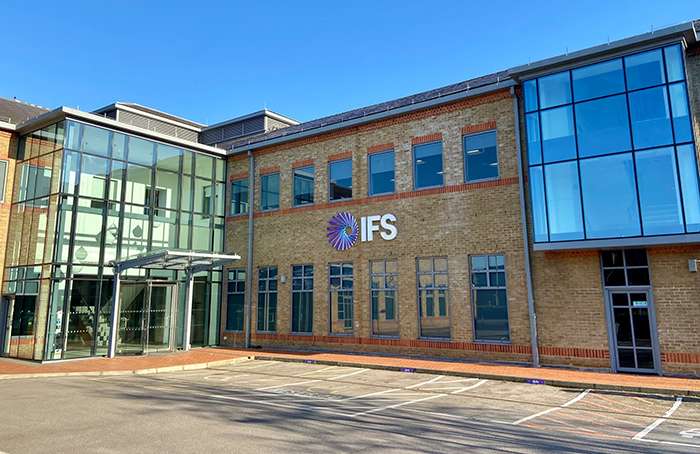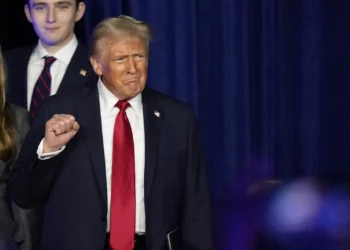The respected Institute for Fiscal Studies (IFS) has issued a warning to Chancellor Rachel Reeves: if the UK economy continues its downward slide, additional tax increases will be “almost certainly” necessary.
The caution follows the latest economic data, revealing that the UK’s gross domestic product shrank by 0.3 per cent — a contraction that has intensified concerns about a looming recession. Reeves, who entered office pledging economic growth, is facing scrutiny as the country’s financial momentum remains sluggish during her first year in charge.
Paul Johnson, the outgoing director of the IFS, said the signs point to the sharpest rise in council tax rates in two decades, predicting local authorities will increase rates by as much as 5 per cent annually in order to close widening funding gaps. According to Johnson, this trend could push many councils to a financial “tipping point” unless public service demands drop significantly.
He also highlighted the ongoing issue of ‘fiscal drag’—a phenomenon where tax thresholds remain frozen while wages increase with inflation. This policy, Johnson said, would gradually push more workers into higher tax brackets. He described it as “the most politically straightforward thing to do” and estimated it could generate £10 billion in annual revenue by 2029.
Government insiders did not rule out an extension of the threshold freeze, saying decisions on taxation and spending would be announced during the Budget process. Reeves is already facing criticism for her perceived lack of transparency.
IFS Accuses Treasury of ‘Cooking Numbers’
Paul Johnson said the Treasury appeared to be “making up the numbers” and found Reeves’ recent Commons address “baffling.” Nevertheless, he acknowledged that the Chancellor’s overall objectives were “reasonable” given the difficult fiscal climate.
He pushed back on claims from within the Labour Party that Reeves’ spending review heralds a return to austerity, noting that while the economic environment is strained, the proposed fiscal plans do not reflect the severity of previous cuts.
Adding to the financial pressure, Labour’s flagship childcare programme is expected to cost £1 billion more than initially projected by 2029, due to higher-than-anticipated uptake.
“If you were baffled by the Chancellor’s speech yesterday, so were we,” Johnson concluded. “It did not appear to be a serious effort to provide any useful information to anybody.”
He said the real measure of success would be in how effectively investment funds are allocated, particularly in critical areas.
“Ms Reeves is now going to have all her fingers and all her toes crossed, hoping that the OBR will not be downgrading their forecasts in the Autumn. With spending plans set, and ‘ironclad’ fiscal rules being met by gnat’s whisker, any move in the wrong direction will almost certainly spark more tax rises.”
Paul Johnson

Despite these challenges, Johnson rejected the idea that the UK’s finances are doomed by escalating healthcare and pension costs, though he expressed concern about demographic trends, particularly the declining birth rate.
The IFS also expressed scepticism over Labour’s defence spending goals, questioning whether Keir Starmer’s stated 3 per cent target was truly “concrete” given the lack of significant projected increases.
Additionally, the think tank cast doubt on proposed savings in the asylum system, pointing to past failures by multiple governments to end hotel accommodations for migrants. The IFS warned there is “uncertainty about how asylum costs will fall in reality,” despite Reeves’ confident projections.
In the face of economic contraction, rising obligations, and political pressure, Reeves is navigating a treacherous fiscal path, where even minor economic downturns could compel major tax policy shifts.




















